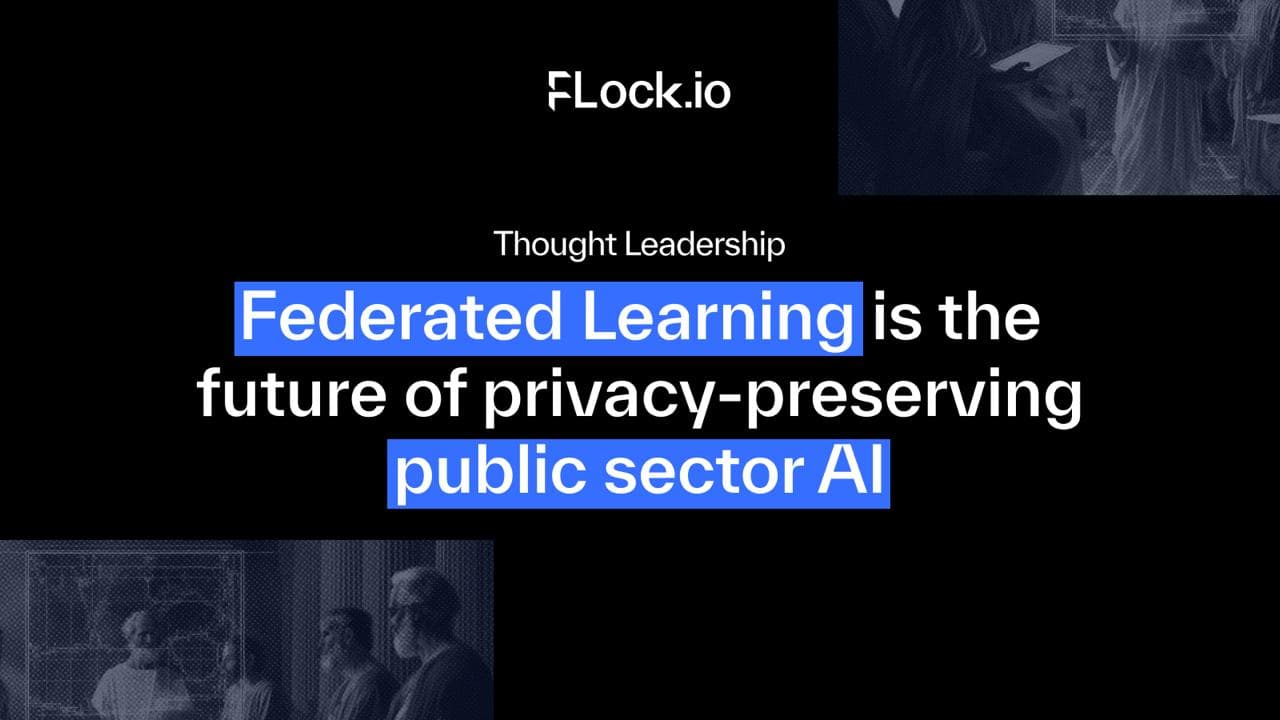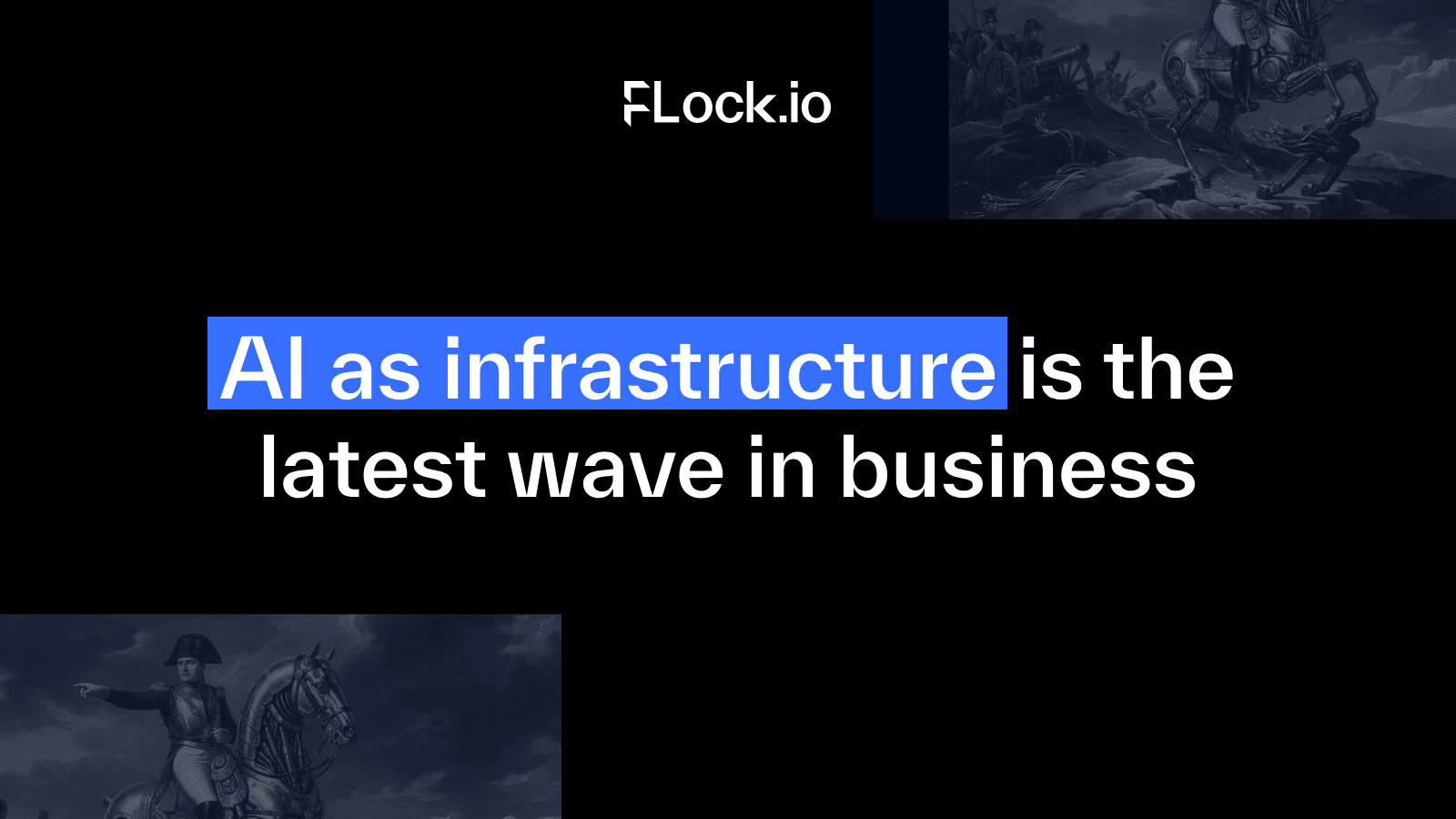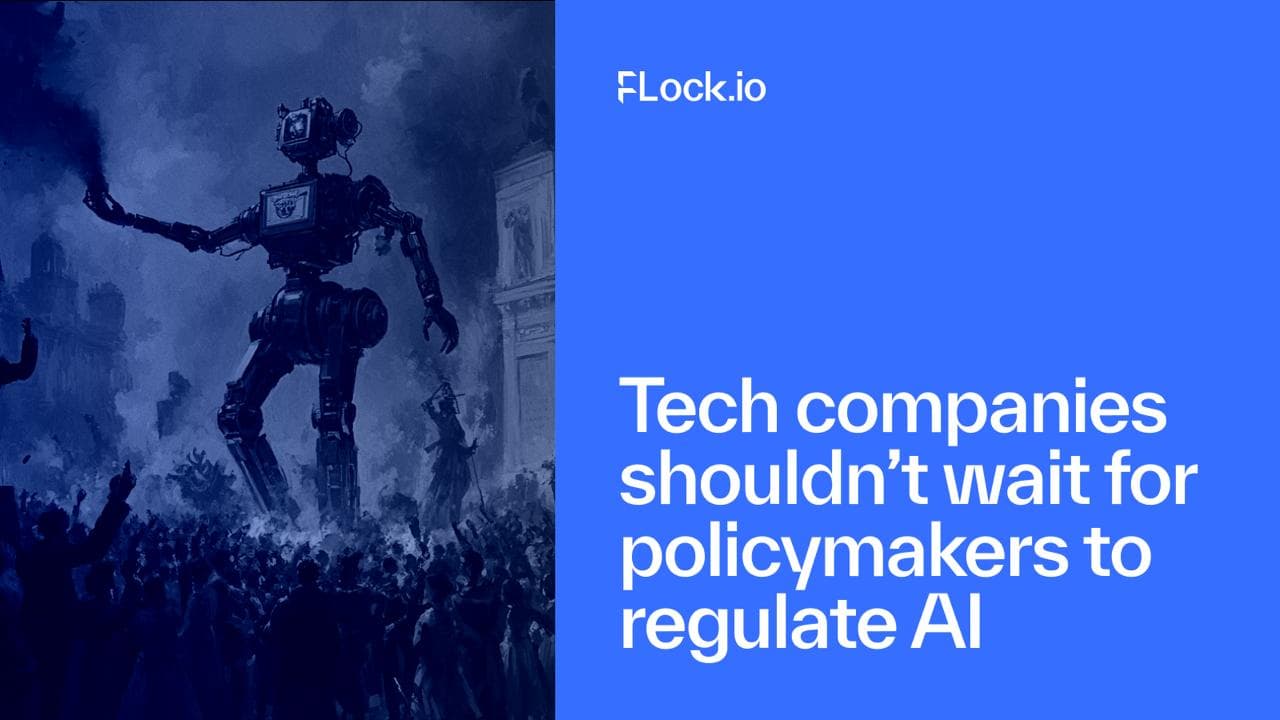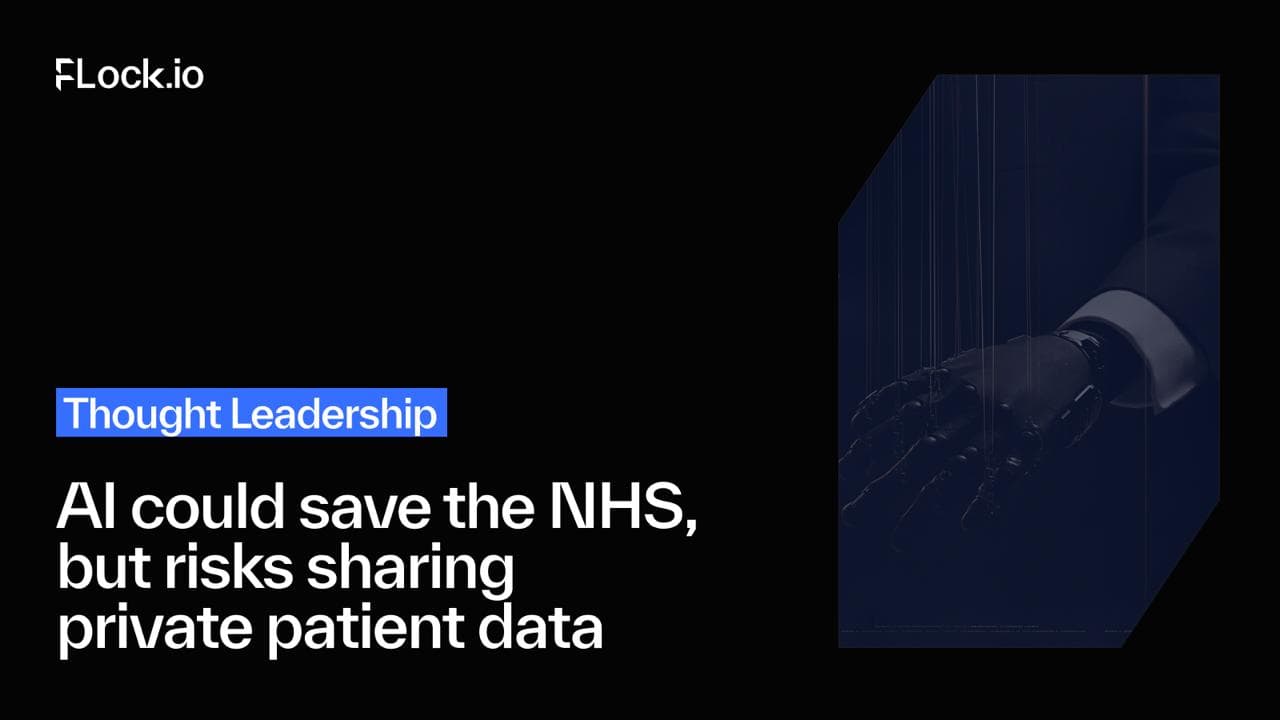Privacy is non-negotiable in the public sector. The government holds oodles of highly sensitive defence, national security and personal data: our health records, tax history, welfare, police and criminal files. Data breaches can be disastrous.
And yet there is significant appetite across the public sector to make better use of national data to support policy making and improve services through AI, says a Royal Society report.
Despite the demonstrable benefits of AI in every industry, the privacy risks make it easy to understand why the public sector has been wary of implementing it. Machine learning through Federated Learning (FL) holds the answer.
The problem: traditional AI compromises privacy
Traditional AI sends data to a centralised server for processing, presenting significant security risks due to the single point of failure for all collected data.
Every leak erodes trust – the UK government is currently under fire for a spate of serious data breaches from simple human error, including the bombshell exposure of Afghans who worked with the British military, victims of child sexual abuse and 6,000 disability claimants.
Machine learning (ML) in the public sector is also constrained by data protection laws. UK GDPR’s data minimisation principle requires that the amount of data used is “limited to what is necessary” – but AI systems require extremely large amounts of data to perform well.
[ 👋 Hi there! If you’re here to find out more about FLock.io, follow us on X, read our docs and sign up to AI Arena on train.flock.io]
Federated learning is privacy-preserving machine learning
Federated Learning (FL) is a more GDPR-compliant alternative to traditional ML. It allows collaborative model training without exchanging raw data. FL was developed in 2017 and is an example of a privacy-enhancing technology (PET).
It involves training statistical models over remote devices or siloed data centres, such as mobile phones or hospitals, while keeping raw data localised. It’s a decentralised AI (DeAI) technique. DeAI is a broader concept where processing, data storage, incentives and decision-making are distributed across a network of nodes.
We are on the brink of DeAI’s breakout year, and FL in the public sector is in its proof-of-concept stage – from smart public transport to hospitals collaborating to improve public health.
Figure 1: An example application of FL for the task of next-word prediction on mobile phones (source: https://arxiv.org/pdf/1908.07873)
Let’s look at some public sector use cases that address privacy concerns.
Intergovernmental data sharing
It’s crucial for governments to collaborate to address global problems – and modern solutions often include data-driven methods like AI, which need data. However, data sharing between governments is often hampered by concerns over privacy, sovereignty issues and risks of information misuse.
A paper by Cambridge researchers argues FL as a compelling solution. Governments can create their own AI models and just share the model parameters. This protects privacy while harnessing collective data-driven insights that surpass individual country capabilities.
Humanitarian work is one area where FL could make a huge impact. It could be used on geospatial datasets to predict people’s movements, enabling more effective directing of resources during crises and disasters.
Public health and medical research
Immense life-saving improvements in public health are possible through ML. Algorithms can analyse vast amounts of medical data, including images, patient records, and genetic information, to identify patterns and predict outcomes.
The NHS now has comprehensive electronic patient records, making it well positioned to perform impactful health research and prevent public health risks.
However, doctor-patient confidentiality, strict regulation and data fragmentation across institutions is stopping ML reaching its full potential globally. FL solves this: multiple institutions can collaborate on model development while safeguarding privacy.
Progress in the right direction is being made. In 2023, the UK and US held a competition for FL use cases to boost pandemic response and forecasting capabilities. Innovators were asked to build solutions for forecasting an individual’s risk of infection.
Oxford researchers developed an easy-to-use technique for hospitals to contribute to the development of AI without patient data leaving the hospital’s premises. This FL pilot used inexpensive pre-programmed micro-computers (Raspberry Pis) in four NHS hospital trusts to train a COVID-19 screening test.
In South Korea, Kakao Healthcare has also delivered a platform that uses FL with Google Cloud to 16 hospitals. In addition, FLock authored an award-winning paper on multi-continental healthcare modelling.
Smart cities and public transport
Smart city applications such as traffic prediction, water supply management, environmental monitoring and disaster-management require real-time decisions. However, cloud-based computing carries a risk of analytics being delayed due to latency issues, and needs very complex computations.
In Sri Lanka, researchers deployed FL on smartphone accelerometer data to map potholes and road roughness as a developing country use case.
Integrated into the transportation system, smart transportation ensures that traffic movements are convenient, cost-effective, and safe.
Financial crime prevention
Regulators are under pressure to crack down on financial crime, but transaction data is too sensitive to pool. FL allows multiple institutions to spot suspicious patterns without sharing their underlying records.
The UK and US’s 2023 competition also looked at FL use cases that tackle money laundering, which finances organised crime including human trafficking and terrorist financing. Innovators were asked to develop solutions for detecting potentially anomalous payments.
More about FLock.io
FLock’s ecosystem consists of three key components: AI Arena, a platform for competitive model training; FL Alliance, a privacy-focused collaboration framework that enhances models while preserving data sovereignty; and Moonbase, our new rewards layer.
FLock is part of the mission to dismantle the power concentration of AI held by a handful of centralised corporations, promoting more equitable, transparent and composable development.
Find out more about FLock.io by reading our docs. For future updates, follow FLock.io on X.





